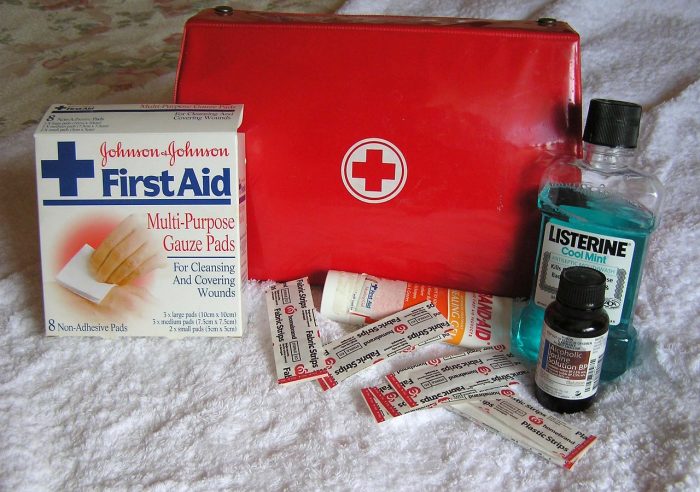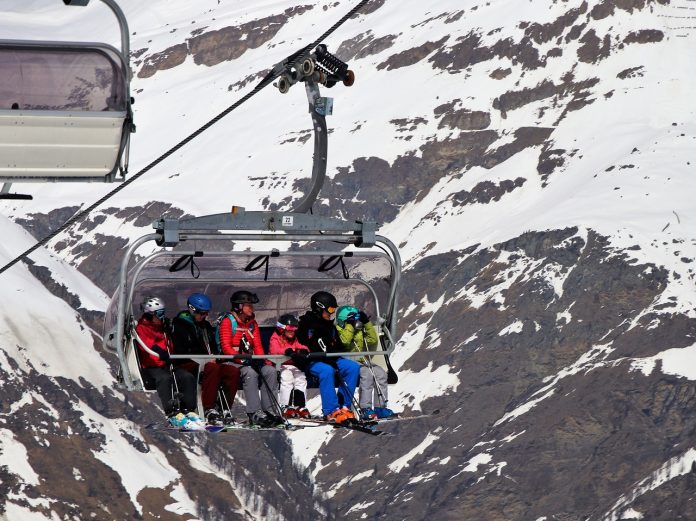Traveling with kids is a completely different experience; while it can be rather hectic, enjoying family time together and making new memories will generate moments that you will cherish forever. Traveling with kids allows them to open their minds, see the world, and experience different types of beauty, culture, and history, which will help them grow into open-minded, carefree, and happy human beings.
However, there are some safety tips you need to keep in mind when traveling with your kids.
1. Seat Belt Safety
When traveling with children, safety should be your number one priority. It’s very easy to get distracted and let go of the usual precautions for the sake of the holiday spirit. However, making sure both you and your children are buckled up properly when on the road could be a key factor in saving your lives in the event of an accident.
Luckily, to help keep your kids as safe as possible and prevent severe consequences from happening, there are many laws regarding children and car safety. In Texas, for instance, any passenger under the age of 15 is required to wear a lap belt as well as a shoulder belt. It’s best to find out more about these laws to ensure that you are not putting yourself or your children at risk. These laws help reduce the risk of the damage that could be done due to car accidents and also ensure that parents always keep their kids safe.
2. Use GPS Trackers
A child wandering off on their own is quite common. One second, they’re right next to you, and the next, they’ve disappeared into thin air. To help ensure that you know where your children are at all times, you can have them wear a watch with a tracking device and always be sure that you know how to find them if they get lost.
3. Always Carry a First Aid Kit

You never know when your child will get injured, have a fever, is unable to breathe, or need some sort of medical aid. Being in a place you’re unfamiliar with, it could be difficult to get immediate treatment for your child. Thus, it is very important to always have a first aid kit on hand and know how to disinfect wounds, perform CPR, and other life or death tips that could come in handy when time is of the essence.
4. Teach Your Children Important Information
Before you set out, make sure your child knows how to respond to basic questions and has enough information to be able to reach you if you get separated and you are unable to find them. Things like your full name and phone number, where you’re staying, or how to find you will help them ask for help. You could even include a piece of paper in their pockets with the required information just in case and make sure they understand just how crucial it is for them not to lose it.
5. Vaccinate Your Kids
Before you head out to a new destination, make sure your children are vaccinated. While the regular vaccines will help prevent your kids from getting sick, doing your research can also encourage you to get other vaccines that you weren’t aware of. When visiting a new country, the change in climate, environment, and atmosphere can affect your children’s health. Some destinations even have specific diseases or illnesses that require vaccination in advance. Making sure you comply with the necessary health precautions is in your children’s best interest and can help keep them safe.
6. Take Measures to Keep Your Children Safe
Having some ground rules can help you keep an eye on your kids and guarantee that they know what to do at all times. For example, assigning one child to each adult and making sure each kid knows which adult is responsible for them will reduce the responsibility and keep the kids safe. Other safety measures can include finding another mother with kids and showing her contact information if a child happens to get lost. You could also agree on a meeting point to head to if the group gets separated for any reason. These guidelines will indicate what your child should do and try and keep them as safe as possible.
As a parent, your child’s safety is your responsibility and your utmost priority. However, when traveling, it is very easy to encounter situations you were not aware of, so having a plan in motion in advance and being prepared will help keep your children safe at all times.
Find a Home-Based Business to Start-Up >>> Hundreds of Business Listings.

















































